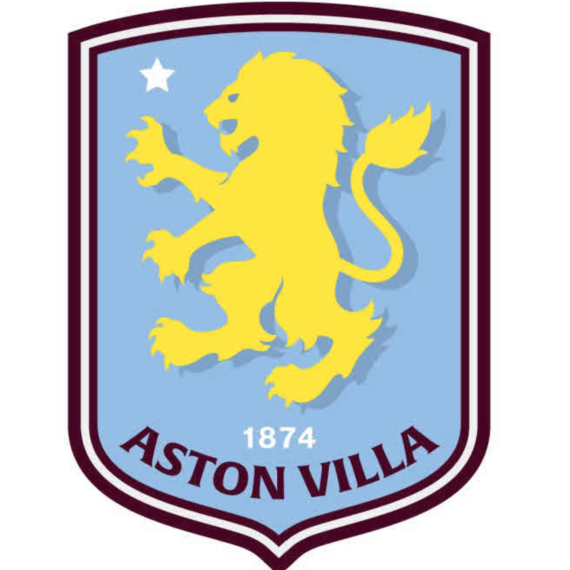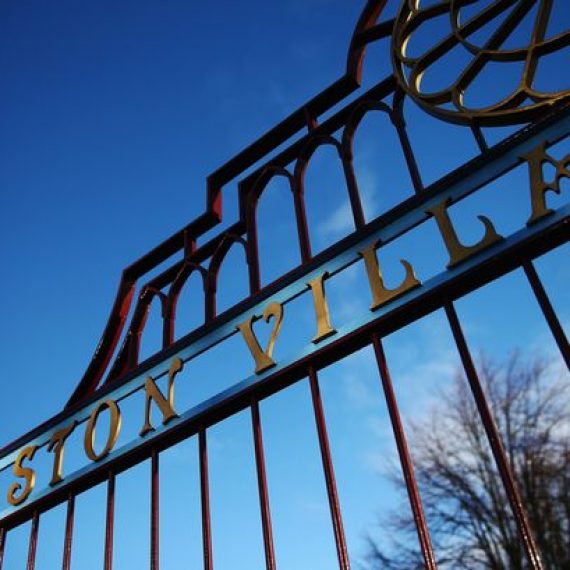An insightful piece by Dave Boyle, Supporters Direct
When clubs like Chesterfield and Exeter became owned by crooks, people didn’t seem to care that much, because neither were big clubs, like Liverpool.
When Portsmouth’s owners turned out to have been functionally innumerate, or broke, or maybe to not even exist (or maybe all of those things), people didn’t seem to care much because Portsmouth were just a small club which seemed bigger just by dint of the league it played in. It wasn’t a big club like Liverpool.
And now we have Liverpool. No-one could have foreseen just how messy it would end up being, but that the club was fundamentally in grave difficulty was foretold. The only counter to the predictions was that it couldn’t happen to a truly big club. Something would turn up, someone would come forward. They were too big to fail.
So it was with a perplexing degree of incredulity that the world’s media watched as the team who share the record for most English championships, third in the all-time European Cup honours board, were fought over by lawyers desperately trying to keep Hicks and Gillett in the box seat and lawyers trying to keep the club out of administration for unpaid purchase debts they should never have had in the first place.
The drama was end to end stuff, but with no pause for breath and reflection, the wider lessons were never reflected upon. Once the saga had unwound, it was time to start the football again, and lest anyone start to get notions of thinking this through, along came Rooney to keep people’s minds of it.
What minds need to focus on is that the unedifying spectacle is exactly what regulation by the market looks like. Being intensely relaxed about who owns clubs, why they own them and how they own them ends in courtrooms because English football has acted as if it were somehow unseemly to do something as have a view for the wider good. The absence of any comment whatsoever from the FA, as one of the jewels of the game they are charged with protecting was undermined so publicly, was as depressing as it was predictable. Maybe the silence is the calm before a storm, before a raft of regulations are proposed to ensure that leveraged takeovers can’t happen again, but there’s a point where having hope over experience ceases to be optimism in the face of adversity but insanity.
As so we have Tom, one of the new US owners of Liverpool said they’d not be having any debt at the club from their purchase of it, but the last American called Tom who owned them said that too. One way they could help reinforce the sense that they’re different is to adopt the Arsenal approach and open their shares to fans. At their AGM, club Chief Executive Ivan Gazidis underscored his reputation as the most progressive administrator in the game by drawing attention to their model of stable ownership and sustainable finances, and linked the two to their support for fans having a place in the ownership of clubs.
We know their approach has won admirers in government, but we’ll be pushing for the government’s policies to be something that can help trusts at all levels, not just that very small number with public quoted markets in their shares. No club is too big or too small to be immune from leveraged buy-outs, appalling owners after satisfying their own financial interests first, asset strippers and ego trippers. That’s why people in trusts have to have a role in the club, on the board, in the AGM, and doing all they can to bring some sanity to a game in great need of it.



